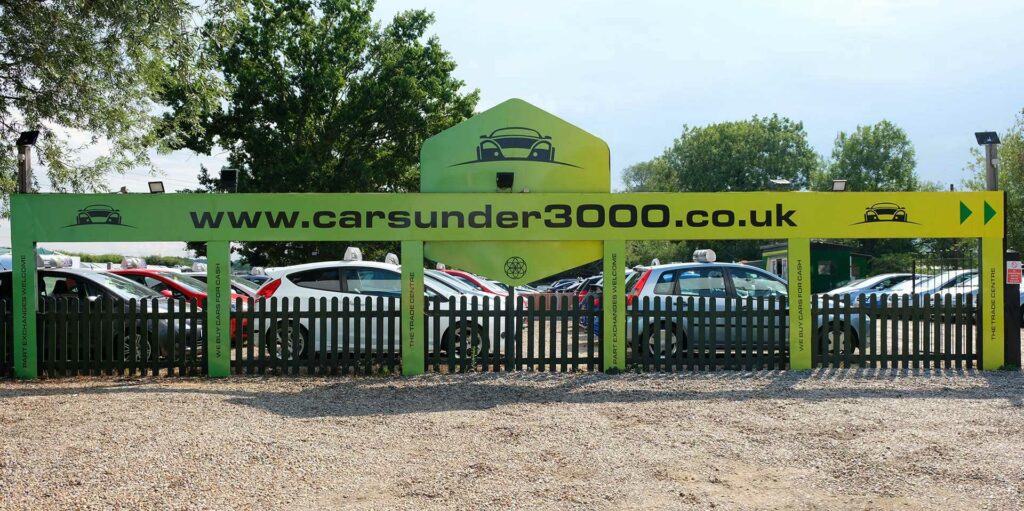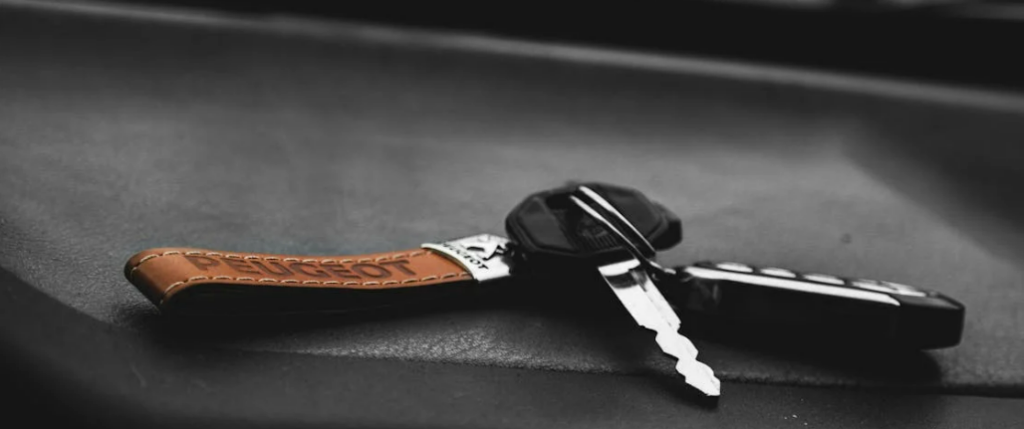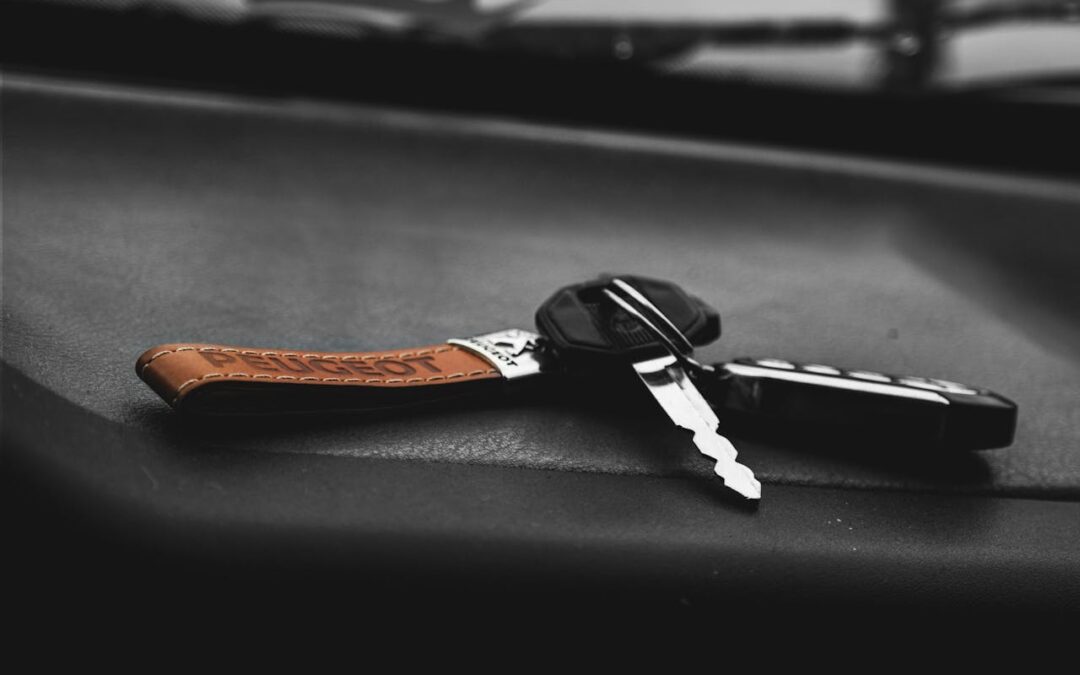Buying your first car is a massive milestone. It can be the start of your independence, offering the freedom to explore the world on your terms. However, starting the search for your first car can be overwhelming, especially if you’re not familiar with what to look for.
At Cars Under £3000, our mission is to help first-time buyers in Essex find reliable, used cars that suit both budget and lifestyle. In this guide, we’ll break down everything you need to consider for a smooth, stress-free purchase.
Set a Realistic Budget That Covers More Than Just the Purchase Price
Budgeting for a car involves more than just the price tag on the vehicle. The true cost of car ownership includes several ongoing expenses that can add up quickly. While you might find a reliable used car for under £3000, make sure to budget for:
- Insurance: If you are a young new driver, your insurance premiums are likely to be higher, sometimes by up to 140%! Compare quotes from multiple providers, considering factors like the car’s make, model, and insurance group. Compact, fuel-efficient models like a Ford Fiesta often fall into lower insurance groups, saving you hundreds of pounds each year.
- Road Tax: In the UK, road tax is based on the vehicle’s CO2 emissions. Cars with lower emissions, such as smaller engines, tend to have cheaper road tax. A typical used hatchback might cost around £30-£150 per year, while older or higher-emission vehicles can go well over £200 annually.
- Fuel Costs: Rising fuel prices make fuel economy a critical consideration. Look for cars with good mileage per gallon (MPG) ratings; for instance, a hatchback like the Ford Fiesta can offer up to 50 MPG, while a larger, older SUV may only provide around 30 MPG.
- Maintenance and Repairs: Even budget-friendly cars need regular upkeep. Brands like Toyota, Honda, and Ford tend to be cheaper to maintain, with affordable parts and readily available mechanics.
Pro Tip: Make a simple spreadsheet with your estimated monthly and yearly costs for insurance, tax, fuel, and maintenance. This will give you a clear picture of the total cost of ownership. For our top picks of a cheap first car, check out our blog.

Why Buying a Used Car is Often the Best Choice for First-Time Buyers
Opting for a used car as your first vehicle can save you money and reduce financial risk. New cars lose up to 20% of their value in the first year alone, while a used car depreciates at a much slower rate.
- Affordable Price Range: For first-time buyers, keeping costs low is often a priority. At Cars Under £3000, we offer a range of cars that are ideal for tight budgets. You’ll find models like the reliable Vauxhall Corsa or the efficient Toyota Yaris, both of which provide great value without costing a fortune.
- Reduced Depreciation: Since a used car has already gone through its steepest depreciation phase, it will hold its value better over time. This means you won’t lose as much money if you decide to sell it in a few years.
- Better Selection for Less: When buying used, you’ll find a variety of models within your budget. If you’re after specific features like a rear-view camera, heated seats, or Bluetooth, these are often available in slightly older models without the premium price tag.
Example: A 2012 Ford Fiesta or a 2011 Honda Jazz is often available for under £3000 and offers reliability and low maintenance costs—ideal for new drivers.

Find a Reliable Dealership You Can Trust
Choosing the right dealership can make a huge difference in your car-buying experience. At Cars Under £3000, we pride ourselves on transparency and reliability, guiding you through every step of the process to ensure you drive away happy and confident in your new car.
- Certified Inspections: We conduct detailed inspections on all cars and provide full-service records whenever available. This way, you know exactly what you’re buying and can avoid unpleasant surprises.
- Clear Documentation: All essential paperwork, including the V5C logbook, is provided, so you know your car’s history and registration details are in order. We aim to make the buying process simple and worry-free.
- Optional Warranties: For added peace of mind, some of our cars come with warranties that cover major repairs and mechanical issues for a specified period, allowing you to drive away with confidence.
Fun Fact: Unlike private sellers, dealerships often offer basic warranties, or repair guarantees on select models, which is particularly beneficial for first-time buyers.
Compare Insurance Quotes Before Committing to a Purchase
As mentioned above, car insurance for new drivers can be surprisingly expensive. Before you decide on a car, shop around for insurance quotes on that specific model, as rates can vary dramatically depending on the make, model, and age of the car.
- Insurance Groups Matter: UK cars are grouped from 1 to 50 based on how much they cost to insure. Cars in lower groups (like the Volkswagen Polo or Nissan Micra) are often cheaper to insure. This is worth investigating, as it could save you hundreds each year.
- Black Box Policies: Many insurers offer telematics or ‘black box’ policies for new drivers, which track your driving habits. If you’re a careful driver, this option can help you save on premiums over time.
- Consider Safety Features: Cars with safety features like Anti-lock Braking Systems (ABS), Electronic Stability Control (ESC), and airbags may be cheaper to insure. These features not only protect you but may also lead to reduced insurance costs.
Did You Know? Cars in insurance group 1, like the Fiat Panda or Ford Ka, are among the most affordable to insure and are great choices for first-time drivers.
- Choose the Right Vehicle Type for Your Lifestyle
The type of car you choose should reflect your driving needs. Think carefully about how you’ll use your car day-to-day, as different body types have distinct advantages.
- Hatchbacks: Compact and easy to park, hatchbacks like the Vauxhall Corsa or Peugeot 208 are perfect for city driving and typically have great fuel economy.
- Sedans: Offering more legroom and boot space, sedans are a good option if you often take longer trips or need space for luggage. They’re often a bit larger, so they’re better suited to suburban or rural areas.
- SUVs: While roomier, SUVs usually come with higher running costs due to their size and weight. They may be suitable if you need extra space for passengers or equipment, but keep in mind that fuel and maintenance costs can be higher.
Example: If you live in a busy county like Essex and frequently navigate narrow streets and parallel parking, a small hatchback will be much more practical than a large SUV.
Prioritise Safety Features to Protect Yourself on the Road
Safety features are essential, particularly for new drivers who may lack road experience. Many cars manufactured in the last 10 years come with helpful technology designed to protect you and prevent accidents.
- Anti-lock Braking System (ABS): This prevents wheels from locking up during hard braking, which can help you maintain control on slippery roads.
- Electronic Stability Control (ESC): ESC helps prevent skidding, particularly in poor weather conditions, by applying braking force to individual wheels as needed.
- Airbags: Front and side airbags are standard in most newer cars, providing critical protection during a collision.
- Auto Emergency Braking (AEB): Found in some modern models, AEB detects obstacles in front of the car and can automatically apply the brakes if a collision seems imminent.
Quick Tip: Newer models are likely to have more advanced safety features, but even older models from reputable brands like Toyota and Honda often come with basics like ABS and airbags.
Evaluate Mileage, Age, and Service History
To ensure your first car is reliable, take the time to review its mileage, age, and service history.
- Mileage: Lower mileage generally means less wear and tear. However, some well-maintained high-mileage cars are equally dependable if they have a good service history.
- Service Records: A complete service record shows that the previous owner regularly maintained the car, which is a good sign for reliability.
- MOT History: Checking a car’s MOT history provides insights into any recurring issues or potential red flags.
Pro Tip: Cars between 5-10 years old often strike the best balance between being affordable and having modern features. They tend to be reliable without the high costs of a brand-new vehicle.
Take a Test Drive to Assess Comfort and Performance
A test drive is crucial before buying any car. Pay close attention to the car’s handling, comfort, and visibility during your drive.
- Comfort: Ensure you feel comfortable in the driver’s seat and can reach all controls easily.
- Visibility: Check your sightlines and make sure mirrors offer a clear view.
- Handling and Responsiveness: Test the brakes, steering, and acceleration to make sure they’re smooth and responsive.
Final Word
At Cars Under £3000, we’re proud to offer a range of affordable, reliable vehicles for first-time drivers. By following this checklist, you can find a first car that’s both practical and enjoyable, setting you up for many happy miles ahead.

